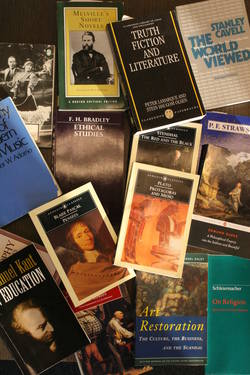
Value Studies

ECLA was a liberal arts college and cooperated with some of the best liberal arts colleges in the United States. However, instead of simply adopting one of the existing U.S. models of liberal education, ECLA chose a more ambitious route. Through a series of curricular experiments that began in 2003, ECLA faculty developed a new 'value questions' approach to liberal education. The first premise of this approach was that questions about values have a pre-disciplinary claim on all of us: we discuss questions about justice, beauty, truth and other values around the dinner table with family and friends long before we go to universities. Placing such questions at the centre of a university curriculum is unusual, but has many advantages. An ongoing concern with value questions results in academic training that is not merely academic, but relevant far beyond academia. A curriculum focused on value questions allows academics from many different backgrounds to work together with a shared sense of purpose. It promises a better integrated liberal education than the distribution requirement model, and is more flexible than the great books programme. It is also an approach that invites dialogue between different cultural and political commitments, and reflection on the relation between theory and practice. Most importantly, perhaps, the value questions approach educates the student not just as a future worker, but as a person and citizen. Good value questions always engage and challenge us personally. And the dialogues such questions inspire are, ultimately, ongoing explorations of the extent to which we can find common normative ground for shared lives. As Plato's Socrates observed, disagreement about values is a source of anger and enmity. By addressing value questions together, ECLA students educated themselves to inhabit a common world.
